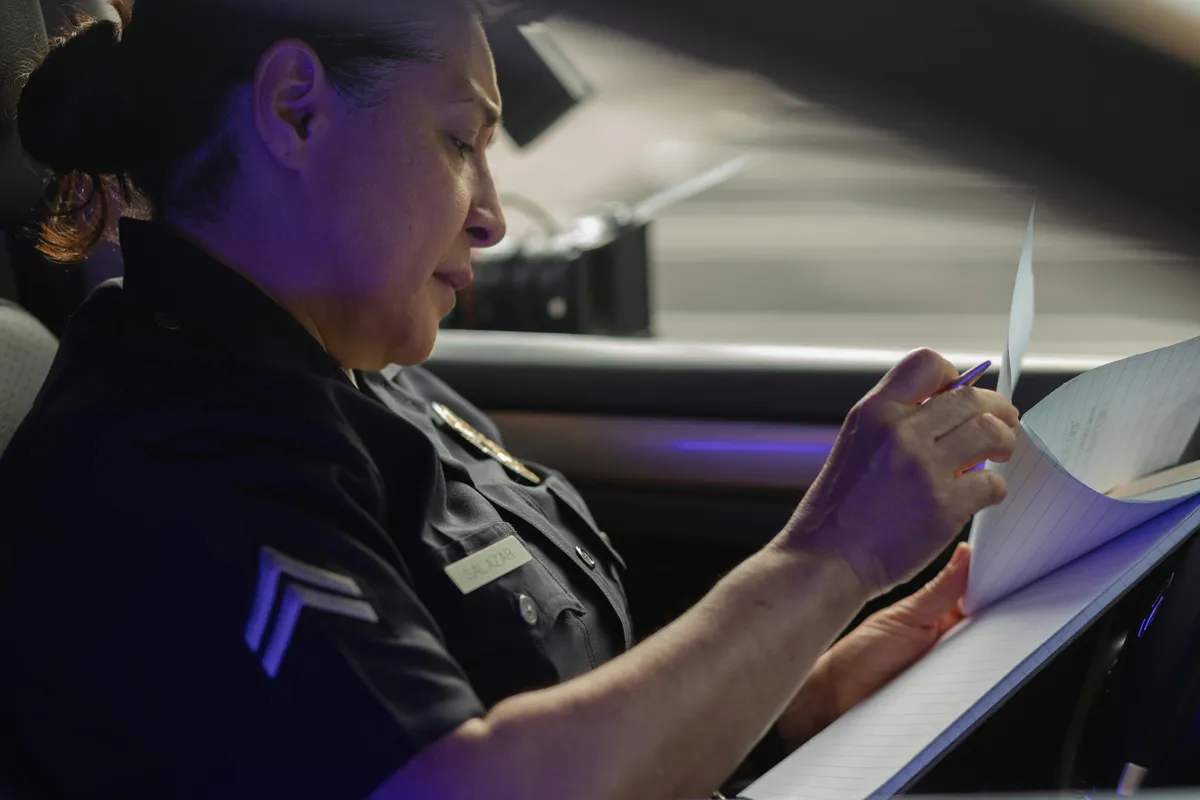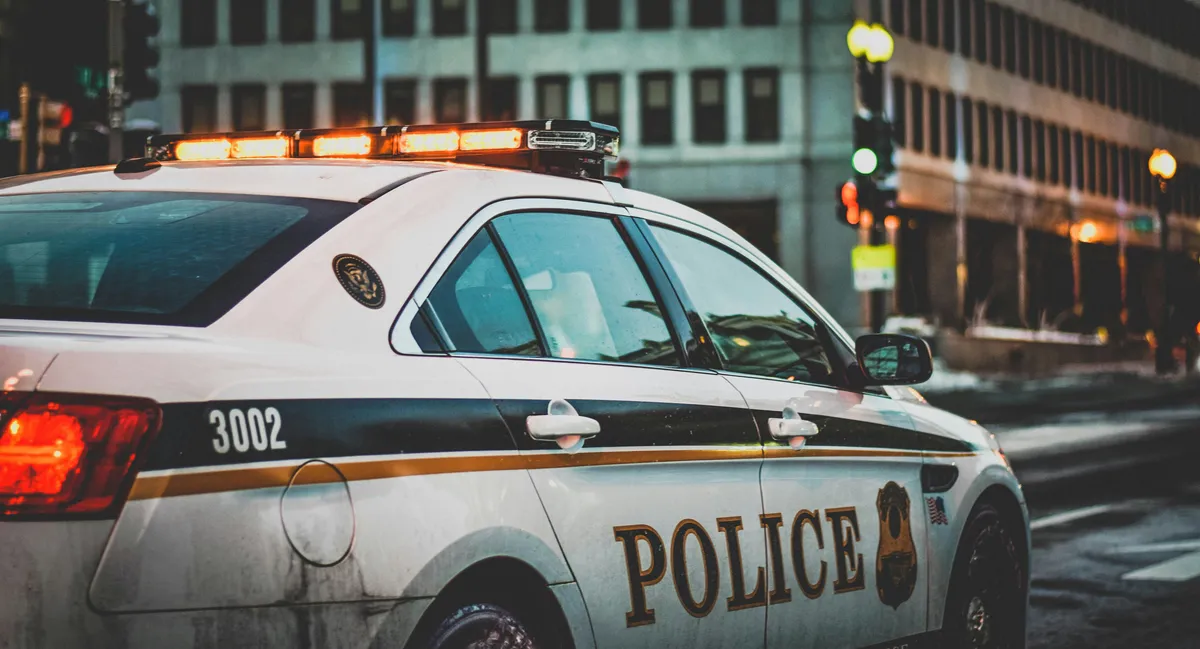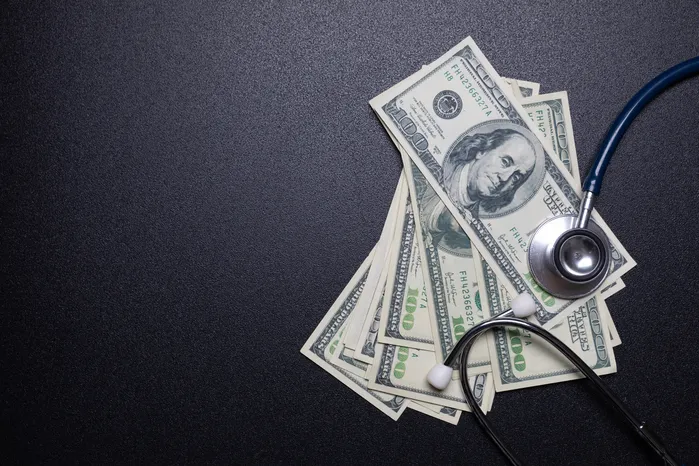5 min read time
Table of Contents

Understanding the Role of a Police Report in a Car Accident
A police report is crucial after a car accident as it serves as an accurate third-party account from the one scene police officer and impacts insurance claims and personal injury claims.
An accurate police report will often contain detailed information such as driver details, vehicle descriptions, witness statements, and officer observations of the car accident, which can all be used as evidence in a car accident claim.
Key Details of a Police Report
A car accident police report includes several crucial details, such as:
- Identification information and statements from all parties involved
- Vehicle specifics like make and model
- Accident scene data, including location and road conditions
- Witness statements
- Observations made by responding police officers
- Any traffic citations given after the accident
This information is included in an official police report, which helps during insurance claims and other legal processes involved in a car accident lawsuit.
Importance of Accuracy in Police Reports
Accurate police reports are crucial because they significantly impact car accident claims, compensation, and subsequent legal proceedings.
If you notice any errors in your police report, act quickly to correct them by providing documentation and evidence to the police officer to support the changes you would like to be made. Doing this promptly can prevent unfair settlements or legal disadvantages.
How Police Reports Influence Insurance Claims
Police reports are crucial for insurance companies when deciding liability and settlements in an insurance claim.
They often use these police reports to determine fault and liability. If the police report clearly states who is at fault, insurers may deny or reduce compensation for that party in a car accident.
Therefore, ensuring accuracy in car accident police reports is crucial to ensuring a favorable insurance claim process.
Legal Significance of Police Reports in Court
Police reports are crucial legal documents that hold significant weight in court.
They help establish facts, determine liability, and shape the strategy around a personal injury lawsuit. While police reports are often not admissible as evidence due to hearsay rules, judges and juries rely heavily on the details provided in car accident reports, making an accurate police report essential for a fair case outcome.
Identifying Common Errors in Police Reports

Police reports can contain factual errors, such as incorrect names or vehicle information, and subjective errors based on an officer's opinion regarding the car accident.
Review your car accident police report thoroughly with a personal injury lawyer to identify any discrepancies that could affect insurance claims or legal proceedings.
Factual Mistakes in the Report
Factual errors are incorrect pieces of information related to police reports that can easily be verified.
Common factual mistakes include inaccurate names, birthdates, street names, or license plate numbers in police reports. Other errors might involve wrong vehicle makes and models or incorrect weather conditions.
If you spot these issues, gather the correct information and contact the police department to address them, providing documentation to correct the police report errors.
Subjective or Disputed Information
Subjective errors involve opinions and conclusions from the police officer or witnesses that are hard to dispute. For instance, if one witness says a traffic light was red while another insists it was green, these conflicting statements can complicate the truth at an accident scene.
Without concrete evidence, like footage, getting the police report changed and proving your side becomes challenging.
Missing Details or Omissions
Missing information can be a serious issue, such as overlooked witness statements, unreported road hazards, undocumented property damage, and incomplete medical details regarding injuries sustained.
Ensure all critical facts are included in your police report to ensure your case is properly supported.
Transcription Errors or Typographical Mistakes
Typing mistakes can alter crucial information in accident reports, such as misspelled names or wrong vehicle details. Always double-check for these errors in the original statement and correct them promptly with help from an experienced personal injury attorney to avoid complications with the insurance company later on.
Steps to Take When You Discover a Police Report Error
When you find a mistake in your accident report, address it promptly. Contact the relevant law enforcement with proof of the factual, subjective, or transcription error and provide additional statements if necessary.
1. Review the Report Immediately
Once you notice an error in the motor vehicle accident report, contact the law enforcement agency that filed it immediately.
Politely explain the errors and provide them with proof to support your claim, and request that they correct or update the initial report. Acting quickly ensures insurance companies obtain accurate information relating to your personal injury claim.
2. Gather Supporting Evidence
To correct errors, gather proof. Include documents like photo metadata for dates, license plate photos of cars involved, witness statements, and dashcam footage if available.
This evidence helps support your claim of an inaccurate police report. To ensure you gather enough evidence to prompt a change, consider enlisting the help of a Las Vegas car accident attorney from the Rodney Okano Car Accident Lawyer Law Firm.
3. Document the Errors Clearly
When you find mistakes in a police report, write them down clearly. Note each error and how it affects your car accident case. Gather proof for any factual errors to support your claim. Be specific about what corrections are needed and how the original report should be changed.
4. Contact the Police Department
Reach out to the police department where the accident report was filed as soon as you notice any errors. Be clear about the mistakes and provide proof if available.
Request a correction or ask for an addendum to be included with the original car accident report.
5. Request a Formal Amendment
If you find errors in the police report, contact the police office right away.
Provide them with proof of any mistakes and request that they amend or supplement the police report. If necessary, write a new statement detailing your side of events related to the car accident to attach to the report. Prompt action is crucial for accuracy.
6. File a Supplemental Report
If you find errors in the police report, contact the police office, as they may allow you to file a supplemental report that corrects or adds new information to the original report.
Steps to filing a supplemental report are:
- Gather evidence like photos, videos, or witness statements.
- Write down your account of what happened clearly and factually.
- Provide documentation and statements to support your request for changes.
Be polite and cooperative when working with the police officer to increase the likelihood of successful amendments.
Obtain the Compensation You're Entitled To
Contact Us Today
Rodney Okano Car Accident Lawyer is a Las Vegas personal injury law firm with over 20 years of experience helping clients obtain maximum compensation following injuries from accidents such as car crashes, worksite injuries, and slips and falls. Over those years, The Rodney Okano Car Accident Lawyer Law Firm has become an experienced law firm that can ensure exceptional results for any of its clients.






